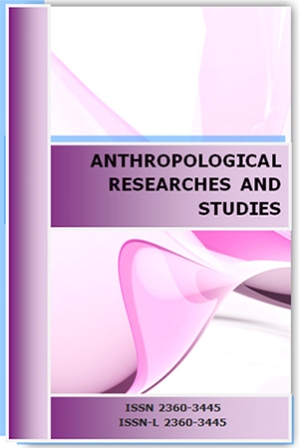CHALLENGES OF ONLINE HEALTH-RELATED INFORMATION FOR ROMANIAN SENIORS
CHALLENGES OF ONLINE HEALTH-RELATED INFORMATION FOR ROMANIAN SENIORS
Author(s): Valentina MarinescuSubject(s): Media studies, Theory of Communication, Health and medicine and law, Gerontology, ICT Information and Communications Technologies
Published by: Institutul de Antropologie ,,Francisc I. Rainer” al Academiei Române
Keywords: seniors; online communication; interpersonal communication; health-related information;
Summary/Abstract: Objectives. Research shows that older adults respond differently to mediated communication than younger adults. These age differences result from both generational differences and life-span development. Seniors face new challenges in the case of the present displacement in the study and practice of medical communication. The present study draws on the hypotheses related to health-related Internet use by seniors and try to validate them in a specific context - the Romanian society. The hypotheses of our study are: H1. Seniors use the Internet as a starting point for general information related to health but when it came to make informed decisions about health care they adhere to physician-centered care model (Campbell and Nolfi, 2005). H2: The more a senior as a patient learns from the Internet about her/his illness, the more likely she/he is to ask questions derived from Internet consumption to his/her physician (Frederikson and Bull, 1995). Material and methods. The study used the interview as the main method of research. A sample of seniors was included in the analysis. The sample was made of fifteen persons aged +65 years old who used the Internet not only to obtain daily information and to socialise with their friends but also to search for health-related information. Results. Only the first research hypothesis (H1) was validated by the data. The results showed that Romanian seniors still do not consider online health information to be as reliable as inter-personal communication with their General Practitioners (GPs). At the same time, Romanian older adults are overloaded with the sheer amount of information available on the net and tend to "simplify" it by checking that information with medical staff (e.g. GPs, nurses). Conclusions. As our set of interviews showed, Romanian seniors we included in the sample have a lower desire to control their own health care by themselves and remain deeply dependent on the interpersonal medical communication with GPs, family, pharmacists and friends. A post-festum hypothesis is generated by the project: The e-health related consumptions for Romanian seniors could be conditioned by the level and degree of their active search of health-related information.
Journal: Anthropological Researches and Studies
- Issue Year: 2020
- Issue No: 10
- Page Range: 9-18
- Page Count: 10
- Language: English

